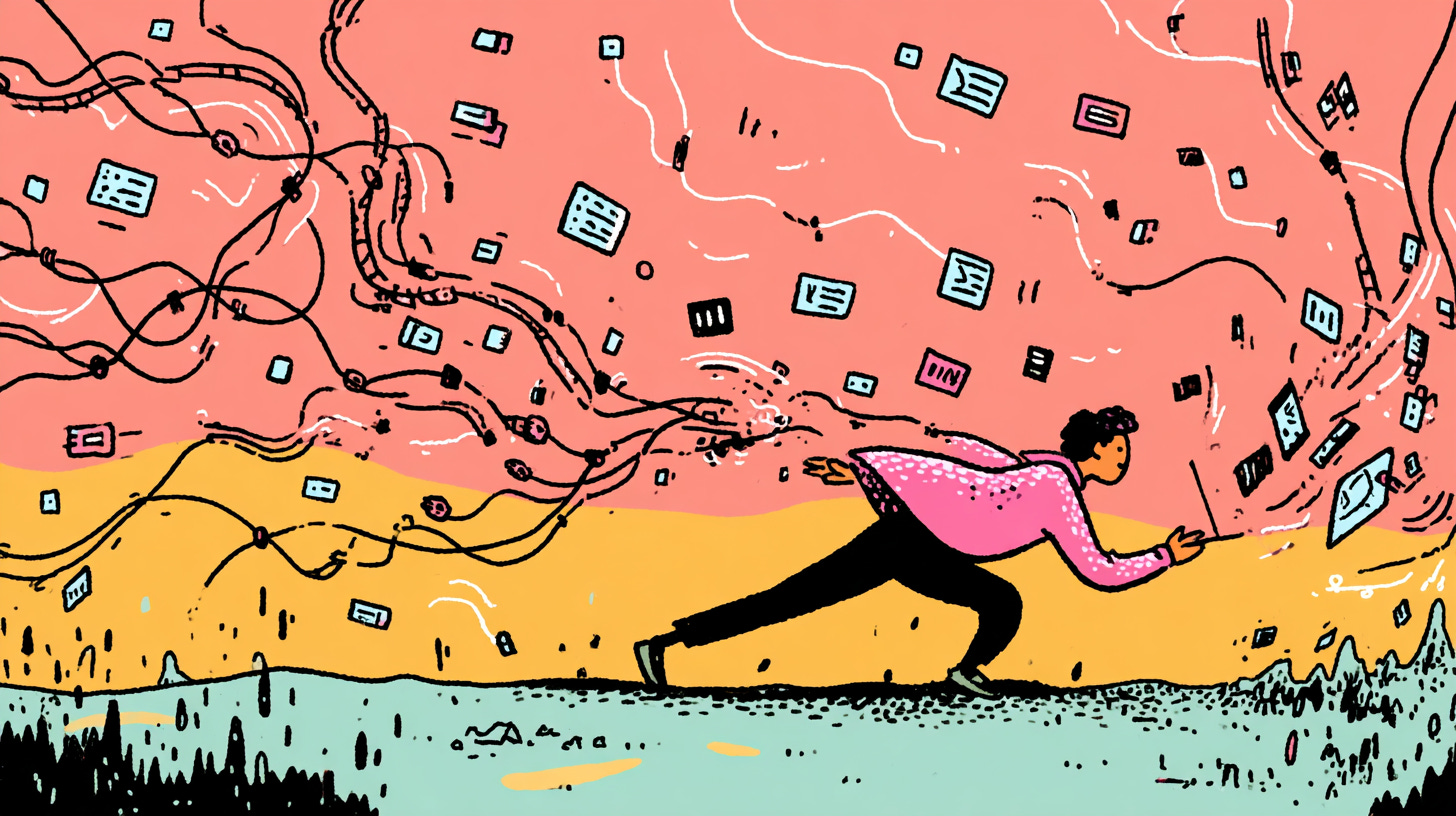The AI Whisperer: Why some builders make AI look effortless
Some people work with AI like magic. Others make it look like struggle.
Recently, I spent 3 hours debugging why our AI started giving weird outputs in Flyway, one of the tools we've built at Be01 for idea creation and validation. The AI was supposed to validate startup ideas against market research, but suddenly it started rejecting viable concepts and approving obvious duds. Luckily this was on internal dev branch where we were preparing the next set of updates to deploy.
I checked everything; logs, model versions, data pipeline. The AI was technically working fine. No errors, fast responses. But something was off.
Turns out it was three words buried in a system prompt: "be more critical."
It's something I had tweaked a week earlier, thinking it would improve quality. Instead, it significantly shifted the AI's evaluation framework on market validation. Our tests passed, but the outputs had fundamentally changed character.
Three words. Three hours of my life.
The Watchers
This got me thinking about the builders I know who seem to have an almost sixth sense for when AI-generated work is about to cause problems.
Most people generate code, check if it runs, ship it. They treat AI like a magic compiler: ask for a function, get a function, move on. But some people have developed something different: they can look at perfectly working AI output and sense where it's going to break.
They're not just asking "does this work?"
They're asking "what assumptions is this making?"
Take error handling. AI loves try-catch blocks. They look clean, handle exceptions gracefully, very textbook. But experienced builders will spot when that try-catch is papering over a deeper issue. Maybe the function should fail fast instead of swallowing errors, or maybe the real problem is upstream in the data validation.
Or take data structures. AI will generate code that uses a dictionary when a set would be faster, or builds a list when you really need a queue. The code works perfectly in testing with 10 records. In production with 10,000, it crawls.
These builders have internalized something that others haven't: AI doesn't just solve problems, it makes assumptions about problems. Those assumptions are where things break.
The Production Gap
Here's what I've learned building with AI over the past year: the real failure mode isn't dramatic crashes. It's subtle degradation.
Your unit tests pass. Your integration tests look fine. But you're slowly accumulating systems that work great until they don't. The generated authentication flow that assumes users always provide valid tokens. The data processing pipeline that works beautifully until someone uploads a file with special characters. The API wrapper that handles normal responses but chokes on edge cases the third-party service occasionally returns.
Traditional debugging doesn't help here because there's nothing to debug. The code is correct. The problem is in the assumptions.
This is why some builders seem to have superpowers with AI while others struggle. It's not that they understand transformers better or write better prompts. They've developed an eye for spotting AI's blind spots before they become problems.
Why this matters now
Many founders I talk to are perhaps obsessing over the wrong things. They want faster models, cheaper tokens, better benchmarks. But the real competitive advantage is simpler: teams that can sense when AI-generated work is making risky assumptions.
Because here's the thing: AI is getting good enough that most implementations will technically work. The question is whether you'll catch the subtle issues before your users do.
My hypothesis is that the companies that will win with AI aren't the ones with the biggest models. They're the ones whose people can look at working code or functioning prompts and think: "This looks right, but what happens when..."
That observational skill, being able to read between the lines of your AI collaborator, might be the actual superpower in an AI-first world.
The three-word bug cost me three hours. But it taught me something valuable: AI doesn't just fail. It succeeds in ways you didn't expect.
And learning to spot those unexpected successes before they become expensive problems? That might be the skill that matters most.
What unexpected AI behaviors have you caught before they became problems?


